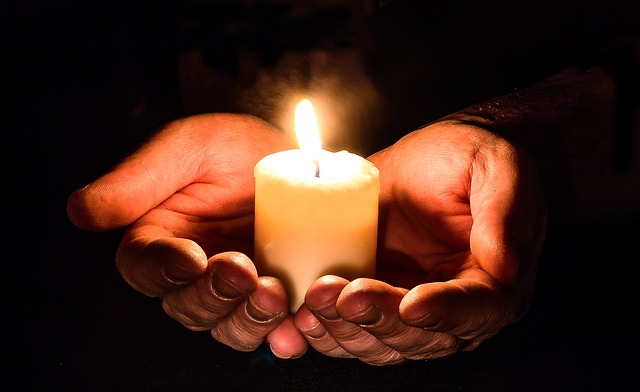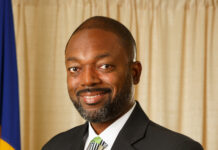
It is a move likely to be applauded by some and questioned by others – Government enlisting the help of faith-based organisations to play a meaningful role in national development.
The initial intervention in this proposed partnership is to be with the nation’s children.
Minister of Social Relations and the Third Sector Colin Jordan who chaired the discussions has pointed to teachers’ reports of concern for the mental health of children in the wake of the COVID-19 pandemic.
Government, therefore, would seek to have professional counsellors within faith-based organisations provide services to children who need help.
“We do not have enough trained counsellors that we can employ and deploy,” said Jordan, who indicated that both children and teachers had varying challenges.
“But the counselling that we are speaking of is engagement that will address the issues that particularly children face. Children come from all kinds of backgrounds, from all kinds of situations, and it is not a matter of only one type of child needing counselling or some engagement that will help in their development.”
Naturally, church leaders have embraced the deal. Chairman of the Barbados Christian Council Reverend Cicely Athill- Horsford welcomed the decision to have faith-based groups more involved in schools in light of what she described as worrying behaviour threatening the island’s peace and stability.
She said: “Across the country, outbreaks of crime, which were previously localised, have gotten more organised, and without security and peace there is no meaningful development in our society. Therefore, the present security challenges that we face as a country are a source of worry and concern for all of us.
“A society’s good governance is challenged when it lacks peace and security. It would not be able to move forward or add anything, any development. So faith-based leaders need to stand as allies to the work of education.”
Pastor Victor Marshall, Family Life and Men’s Ministries Director for the East Caribbean Conference of Seventh Day Adventists, described the move as timely as he noted increasing requests for counselling services.
“We are recognising that post-COVID a number of individuals have been impacted negatively from a mental health perspective and therefore, this idea is a good initiative because not only are adults impacted upon, but our children are impacted upon to the point of becoming either suicidal or having suicide ideation,” said Pastor Marshall.
We couldn’t agree more. One of the tragedies of COVID-19 is the general inattention to its impact on mental health. The pandemic, with its increased isolation, uncertainties and changes in our daily lives, has affected all of us but none moreso than children.
We can’t blame COVID for our all social ills but its proximity to the rise in behaviours of some our children is inescapable. Viral videos of school children fighting, disturbing reports of bullying, students taking to school weapons seem to have reached epidemic proportions.
It is clear that some families cannot cope and lack the skills to assist children and young people who need specific care.
Government does not have all the answers or resources to confront these social ills besetting the country and this is where the faith-based community can help.
Traditionally, the church has been a strong and respectable voice. Most Barbadians, believers or not, had their grounding in the church.
Admittedly, in an increasingly secular society, most have loudly questioned the role and purpose of faith. Many are turned off when the church leaders reflexively condemn alternative lifestyles and family forms.
But the church, by to its own teachings, is so much more.
Here is a key opportunity for the faith-based community to fulfil its mission to provide support, guidance and help develop a society of peaceful, well-rounded citizens.
Professional counsellors can help those young people who are struggling and target intervention and treatment options that make a difference.
The role of faith-based organisations – not only evangelical Christian but all denominations and faiths – in helping to improve the mental health by trained and qualified providers ought to be welcome. But there must be no unseen strings attached.
We will risk the assumption that the values that all faiths in this land propound – tolerance, charity, understanding and peace – will be at the centre of this effort. There is no room in either sound doctrine or professional mental health practice for the judgemental, the inflexible, the intolerant and the impenetrable.





